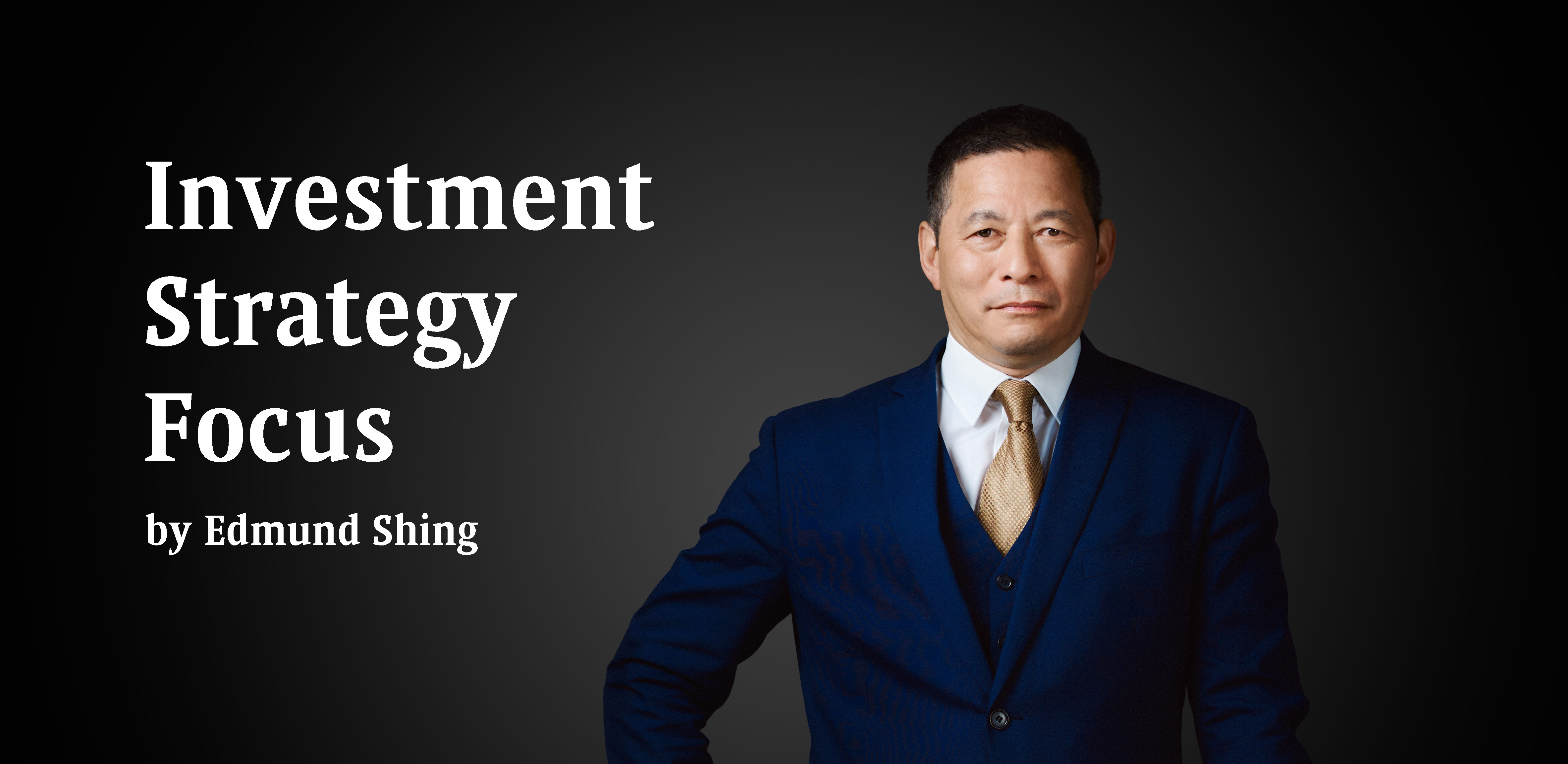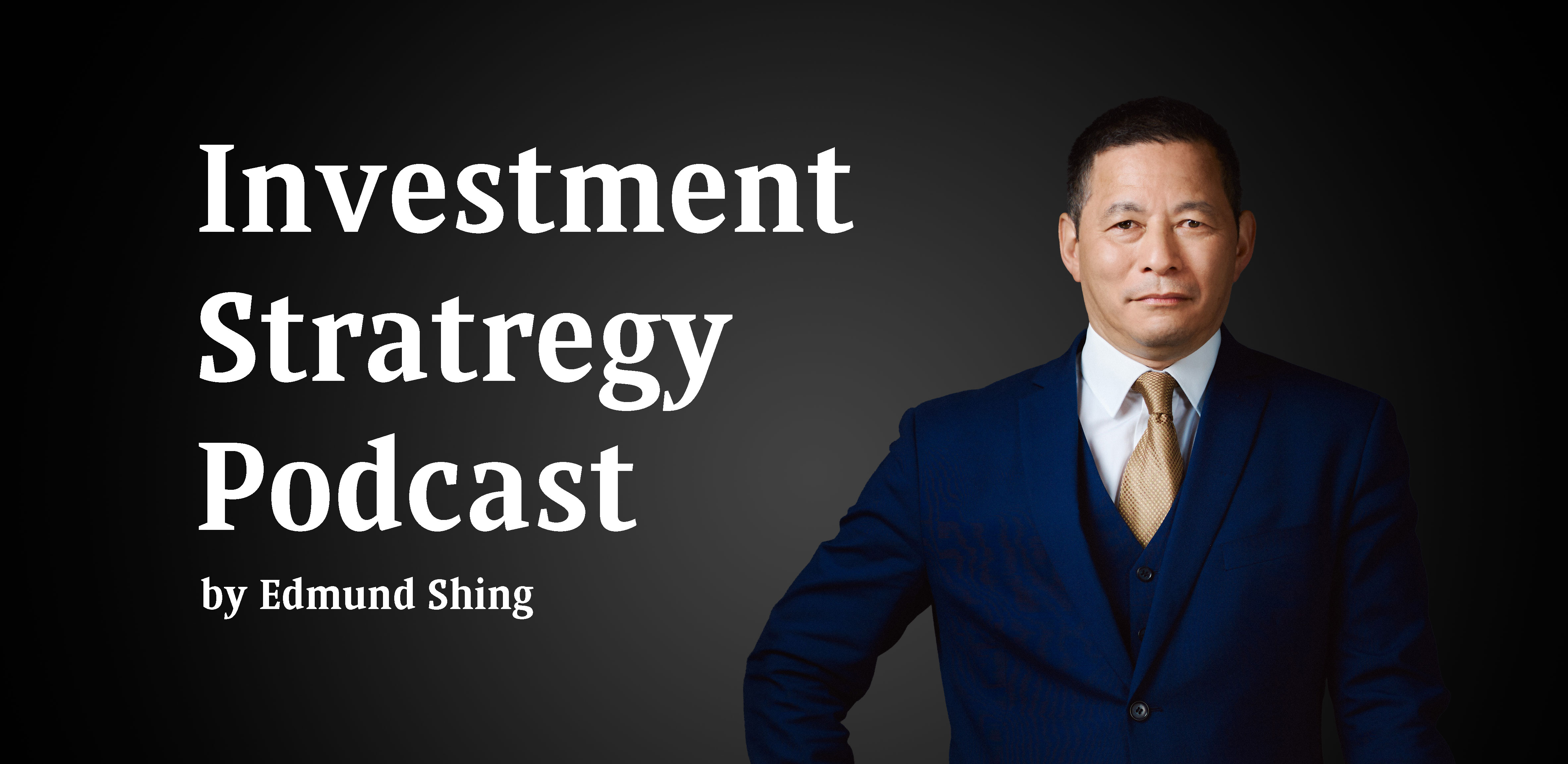Where to find us

If you wish to increase the value of your assets, to protect them or transmit them, BMCI Banque Privée, member of the BNP Paribas Wealth Management network, commits itself to offer you tailor-made services of asset management, based on the diagnostic of your situation. Through personalized, confidential and local advisory services, this commitment marks itself in a long-lasting approach of the private banking profession. Advised by a single interlocutor, available and competent, he will receive you in privileged venues in order to present you a large offering of dedicated products and services, such as Advisory investment management, or exclusive products of a daily bank.
BNP Paribas Wealth Management has proudly served Hong Kongers for over 50 years. Its presence in the S.A.R. serves both local clients & clients throughout Asia who deal with Greater China and indeed the region as a whole. Our Wealth Management services offer a complete solution that can deal with both the personal and professional aspects of estate management.
BNP Paribas Wealth Management Since 1968, BNP Paribas has been providing both personal and corporate banking solutions to Singaporeans capitalising on the city-state's increasingly-visible role as a world banking centre.
In 2005, BNP Paribas opened its domestic Wealth Management business in Taiwan China to provide individual private banking services not only to its corporate clients, but also to the Taiwanese people as a whole. Clients having relationships with our Taiwan bankers have access to the worldwide knowledge and expertise of BNP Paribas.
Thanks to our various local offices, we remain close to you to offer you personalized solutions developed on the basis of a detailed analysis of your assets. We guarantee attentive consideration of your projects and expectations. Feel free to contact us. Our experts are here to work for you.
Through our Private Banking centers (200 establishments in France), our specialists answer your banking needs on a day-to-day basis and offer investment and financing solutions to develop your assets over the long term. As the number 1 private bank in France, we develop personalised asset projects based on a detailed analysis of your asset situation and careful consideration for your projects and expectations.
We are wherever our clients need us thanks to our seamless integration in the BNP Paribas international network. You can meet us in our two BNP Paribas Wealth Management offices, one in Frankfurt, the other in Munich. Our experienced Wealth Advisors are available to you in the fullest discretion and with complete reliability.
BNL Private Banking was established in 2002 to provide clients with all its expertise in financial management and asset organisation and thus fulfil their most varied objectives. After the integration of BNL in the BNP Paribas group, private banking operations in Italy are now provided through BNL-BNP Paribas Private Banking. This new organisation boasts the expertise of a bank, BNL, which remains close to the reality of the Italian market and its requirements, with the skills of an international leader, BNP Paribas.
In the Grand Duchy of Luxembourg, BNP Paribas Wealth Management particularly accompanies entrepreneurs and families by addressing their specific needs through tailor-made wealth and financial management solutions as well as a range of high-end services: investment advice, discretionary management, wealth planning, financing and investment diversification expertise. Located in the heart of Europe, the financial place of the Grand Duchy of Luxembourg is the first centre of private banking in the Eurozone and has a strong culture regarding investor protection. In over 40 years, professionals of the financial sector have been concentrating in developing and offering sophisticated services for a highly demanding private clientele. Discover the know-how of our teams in Luxembourg!
Supported by the solidity and expertise of the BNP Paribas group to develop a long-lasting relationship with our clients, BNP Paribas Wealth Management Monaco is one of the leading private banks in Monaco. Located in an idyllic setting at the heart of Europe, we are specialized in private Wealth Management and offer you a service tailored to your specific requirements and your most stringent expectations. Do not hesitate to contact us; our Wealth Advisors remain mobilized for you.
BNP Paribas Wealth Management in the Netherlands brings international wealth management expertise and tailor-made solutions to Dutch Entrepreneurs & Families. We offer access to private equity, specific asset management mandates as well as financing solutions while providing a unique approach to positive impact, helping clients to align their wealth to their values. In working as One Bank with Corporate and Investment Banking, Real Estate, and the other business lines of the BNP Paribas Group, BNP Paribas Wealth Management provides dedicated solutions to both the personal and professional needs of our Dutch clients. BNP Paribas has a long historical presence in the Netherlands dating back to the mid- 19th century.
Backed by BNP Paribas Bank Polska, we offer our clients dedicated services related to protecting, optimising and enhancing their capital as well as an entire range of products from daily banking, investment and credit offers to wealth structuring offer and insurance. Our expertise combines the knowledge of Polish experts, i.e. private banking advisers, tax advisers, brokers and investment advisers, with global experience of the BNP Paribas Group. Visit the website
As the leader in private banking in Spain, families and companies place their trust in the resources and experience of BNP Paribas Wealth Management to manage their assets and provide high-quality, objective and independent advice. We are one of the leading international entities in Spain and boast an acknowledged reputation with over 40 years of experience. Client's Service: 901 19 19 20
BNP Paribas Wealth Management Switzerland has had a local presence since 1872 and is ranked among the top private banks worldwide. With services ranging from asset allocation advice to discretionary management and Wealth Management, we meet all your requirements with the support of acknowledged experts. We create a starting point to develop your business and help you devise your strategic financial decisions.
In 1989, TEB Private Banking started the first private banking practice in Turkey. Since then, with the twenty years of expertise and experienced high quality private banking staff , we provide customized services and sophisticated products to Wealth Management Clients. Enhanced offering through more sophisticated products and targeted investment advisory, enhanced client coverage/service through sales centers, known for its customized, tailored solutions for clients, perceived as an attractive place to refer clients to within the broader bank known for its sophisticated investment products.
In the Middle East, BNP Paribas Wealth Management serves clients through experienced bankers in Dubai (through the Dubai International Financial Center), Geneva, Luxembourg and the Kingdom of Saudi Arabia (Riyadh). Through our unique set-up, clients are able to draw on exclusive investment ideas through dedicated portfolio specialists, access award-winning Wealth Structuring and specialist financing teams (notably in Real Estate), with international booking capabilities both in Europe and in Asia. Beyond Wealth Management's extensive capabilities, our clients in the region also benefit from the regional and the global capabilities of the BNP Paribas Group thanks to our extensive footprint in the region (with offices in Bahrain, Dubai, Abu Dhabi, Jeddah, Riyadh, Qatar and Kuwait) and thanks to top-notch solutions from our Corporate & Institutional bank, Asset Management and Real Estate businesses.





